SUMMARY
This is AI generated summarization, which may have errors. For context, always refer to the full article.
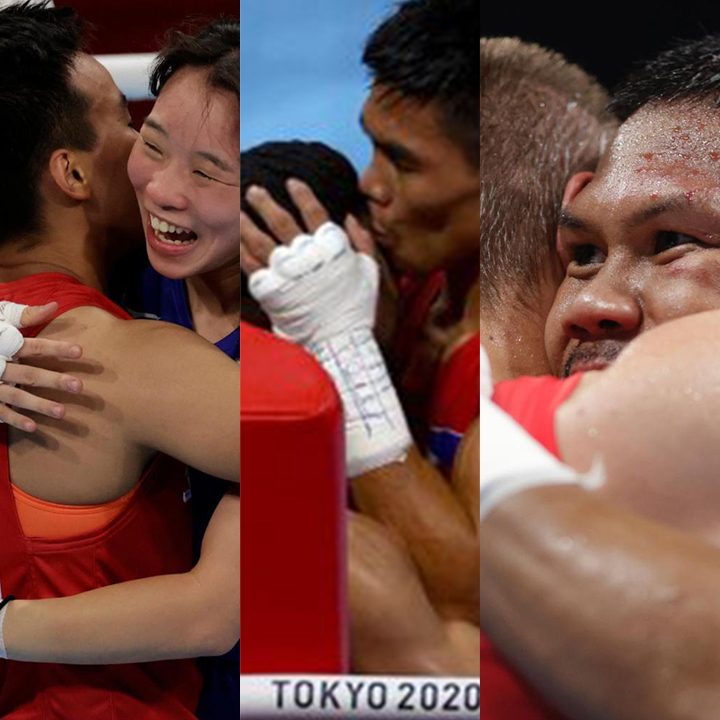
I’d like to talk to you about the tears of Olympians. And I don’t mean the tears of triumph and gratitude that the Philippines’ Hidilyn Diaz, Nesthy Petecio, Carlo Paalam, and Eumir Marcial shed at the 2020 Tokyo Games.
We will have to go back to the first week of February 2020, when I decided I’d be on the side of pushing through with that year’s Olympics, which was happening in five months’ time, and even when it was eventually postponed to a year later.
I was in Tokyo at the time, when the virus and the disease it caused were yet to be given official names. It was a month or so before COVID-19 would be declared a pandemic and countries would start closing their borders. (Read the coronavirus newsletter I wrote from there.)
Yet things were already ominous in the host city. A cruise ship with hundreds of infected passengers and crew had been quarantined in neighboring Yokohama. The government was sending chartered flights to China to get Japanese citizens home. And – this was, to me, the ultimate barometer of alarm – face masks had sold out across the capital and in as far as Saitama in the north-west (because, no, Japan wasn’t supposed to run out of face masks).
With the specter of the Tokyo 2020 Olympics being postponed or canceled, the public broadcaster showed old clips from 1980. That year, Japan, along with the Philippines and 63 other countries, decided to join the United States-led boycott of the Moscow Games. It was in protest of Soviet Union’s invasion of Afghanistan months before.
Japanese athletes, who had trained for years, were crying upon hearing that they were not going to the 1980 Olympics. Heartbreak was in their faces: We’ve given our all. This is our time. Our chance may not come a second time.
Since then, that image would return to me whenever I came across polls that showed the Japanese who wanted the Games postponed or canceled outnumbered those who were looking forward to hosting them, whether in 2020 or 2021.
It would return to me every time I read news reports or editorials that stopped short of wishing the event would fail or Japan would be humiliated – mostly glossing over the fact that it was not for Japan, but for the International Olympics Committee, to decide to cancel the Games.
And it returned to me when big Japanese sponsors, swayed by public opinion (I’m pretty sure, by media’s coverage as well), distanced themselves from the opening ceremony, if not the entire event – never mind that their Emperor himself showed up to symbolize respect and appreciation for the countries that had enough faith Japan could pull it off.
Where was the voice of the athletes in all the noise?
Nobody seemed to have bothered to ask them – who have given heart, mind, soul, and strength in training – if they didn’t want to compete anymore; if they too doubted that Japan would pull all stops to stage a safe and memorable Olympics; if they felt like commodities that big business could abandon when consumers dictated so.
Did the athletes feel that their sacrifices and dreams were also being mocked whenever commentaries practically ridiculed Prime Minister Yoshihide Suga’s vow to make the Olympics “a proof of human victory against the coronavirus”?
Didn’t the athletes convey loudly and clearly enough their determination to fight and prevail when they came despite the knowledge that stadiums would be empty?
Some will say, but there was a raging pandemic and Tokyo was in a middle of a state of emergency. And I’d say, did we really think Japan, having invested much and with the eyes of the world all on it, would leave anything to chance in staging a safe Olympics? Weren’t vaccines secured for the athletes? Weren’t infected delegations immediately isolated and sent home? Weren’t volunteers religiously disinfecting spectator-less venues every single time? Weren’t bubbles by country established in the Olympic Village? Weren’t delegations prohibited from sight-seeing? Weren’t athletes required to leave Japan within 48 hours after their events wrapped up?
(In fact, the largely skeptical international media descended on Tokyo anyway, covered like they would any Olympics with just the additional requirements of wearing face masks, constant hand-washing, and physical distancing, and got out safe and sound after.)
On Sunday, August 8, at the closing ceremony, the athletes will once again parade through an empty stadium, carrying their flags, proud of how they represented not just their countries but what is noble about perseverance, what is inspiring about sportsmanship and excellence, and – cynics be damned – what is beautiful about humanity.
Let’s give it to them.
This is the Olympics that made us realize how our Hidilyn Diaz, irresponsibly tagged as a destabilizer by our country’s chief presidential lawyer, trained by a Chinese coach, prepared for the Philippines’ historic gold inside a Malaysian kampong.
This is the Olympics where the Philippines’ Nesthy Petecio ungrudgingly embraced opponent Sena Irie of Japan after the latter made her settle for a silver.
This is the Olympics where Qatar’s Mutaz Essa Barshim and Italy’s Gianmarco Tamberi decided that the way to break their recurring tie was just to share the gold medal.
This is the Olympics where the United States’ Simone Biles pulled out of events to put her mental health above winning medals, and got back in form with the help of a Japanese gym.
This is the Olympics where the Taiwanese found “a moment of pride” when the host country introduced their delegation as Taiwan, and not as Chinese Taipei, the name by which it had been called in the Olympics for 40 years despite its citizens considering it “demeaning.”
This is the Olympics where the medals made of recycled electronic waste became doubly significant after the Philippines’ Carlo Paalam reminded us with his silver medal that he used to earn a living as a scavenger.
This is the Olympics where the athletes cried because Japan, and those who had faith, did their part and made it happen for them. – Rappler.com
You may want to read some of the articles I bookmarked while following the Tokyo 2020 Olympic Games:
- Tokyo Olympics 2020: 10 Best Moments From The Opening Ceremony
- Tokyo 2020 Olympics opening ceremony: Every piece of music played at the event
- Tokyo Olympics in a New Dark Age: A Competition on Behalf of the Entire Human Family
- An Olympic Runner’s Extraordinary Life Tells Us Why the World Needs the Games More Than Ever
- Thailand, Philippines and India connect to spectator-less Olympics
- Tokyo Olympics Leaves Legacy of Net-Zero Emissions for Greener Future
If you want to go back to the events of the past two weeks, I recommend:
Add a comment
How does this make you feel?
![[OPINION] Faster, higher, stronger – together](https://www.rappler.com/tachyon/2022/03/dual-citizenship-ispeak.jpg?resize=257%2C257&crop_strategy=attention)
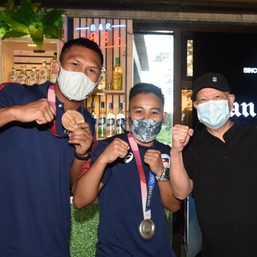
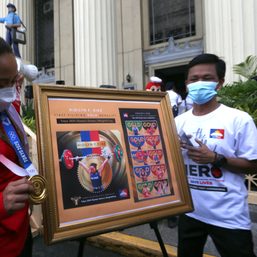
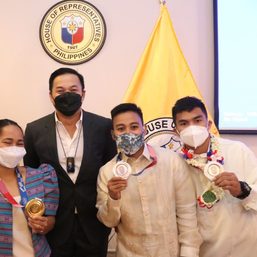

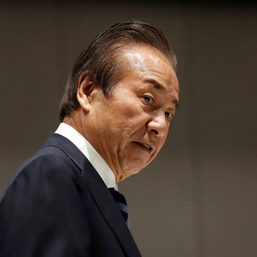
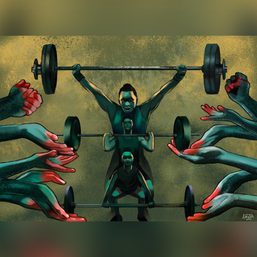

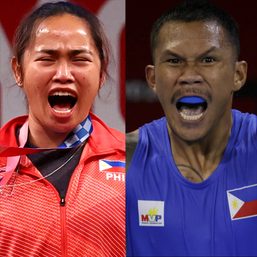
There are no comments yet. Add your comment to start the conversation.